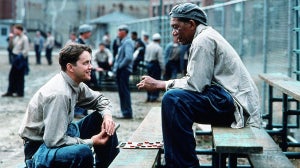
Brad Pitt shines as a hard-jawed, stoic astronaut in this introspective space odyssey from The Lost City of Z director James Gray.
Gray’s space opus takes us through the galaxy with Pitt’s Major Roy McBride, as he ventures to Mars to attempt communication with his missing, but long assumed dead, father Clifford (Tommy Lee Jones), who is believed to be behind a series of energy surges which risk the fate of the world.
Clifford was the leader of the now discontinued Lima Project, a search for intelligent life in previously uncharted areas of space.
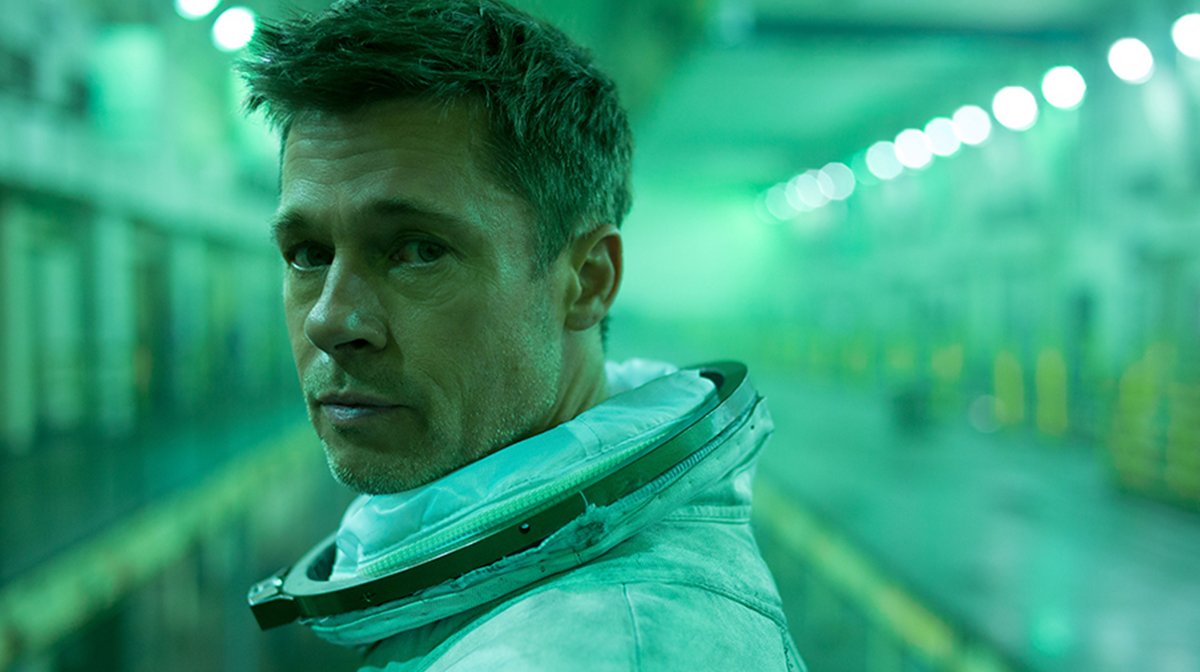
Roy is a top-grade astronaut in his own right, with his calmness and lack of fear exhibited by his permanently low heartbeat, staying below 80 BPM even during a fall from a space antenna.
However, the burden of his father’s success lingers over him. Technicians and fellow astronauts are honoured to work with the son of Clifford, an American hero.
He, like Gosling’s Neil Armstrong in First Man, uses space to escape the mental pains he suffers, and the woes of the world below.
Despite there being little information about the state of Earth throughout the film, small snippets of bizarre details are offered throughout. Roy talks of fighting in wars in the Arctic, a pillow and blanket costs $125 on a trip to the moon, and when he arrives there it almost resembles a Disneyland park.
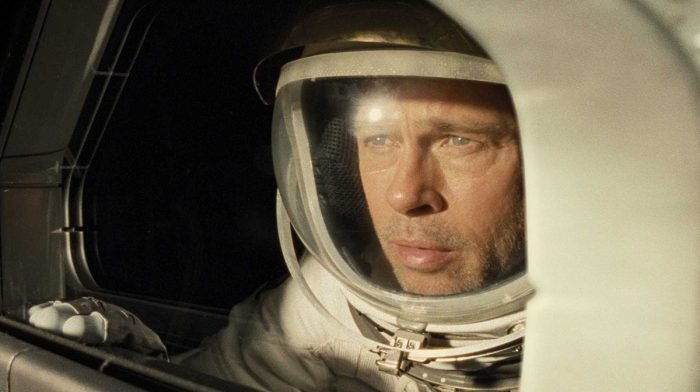
His journey to find meaning is not too dissimilar to Martin Sheen’s Captain Benjamin L. Willard in Apocalypse Now. Pitt ventures into the unknown whilst battling his own morality, his voiceover giving us a prying eye into the inner workings of his mind. And while conducting his government work, he attempts to finally untether himself from his father’s legacy.
A disgust for humanity’s reckless consumerism, and a contempt for his own frail masculinity, is reflected in the primary-colour heavy lighting which highlights the weary anguish and hidden fear in Roy’s eyes.
This lighting gives the very familiar space iconography a distinct feel, which combined with the breathtaking imagery caught by Hoyte Van Hoytema’s cinematography, sets it apart from similar cosmic fare.
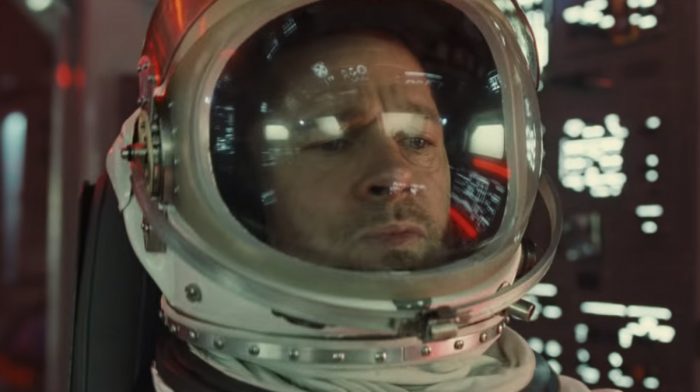
Roy is consistently made to do physiological evaluations, where he must reiterate his composure and readiness to work, almost comically reinforcing his supposed mental strength and clarity, despite his clear inner struggles and the personal nature of his task.
This inward-looking approach is consistent throughout, and the further we get into the space, the more confined within Roy’s thoughts we become. The all consuming loneliness in the vast expanse of deep space causes Roy to question everything he’s ever believed.
Despite this contemplative approach, there are stunning scenes of action and tension. Moon rover chases and journeys into abandoned ships will cause heartbeats to rise, even if Roy’s doesn’t.
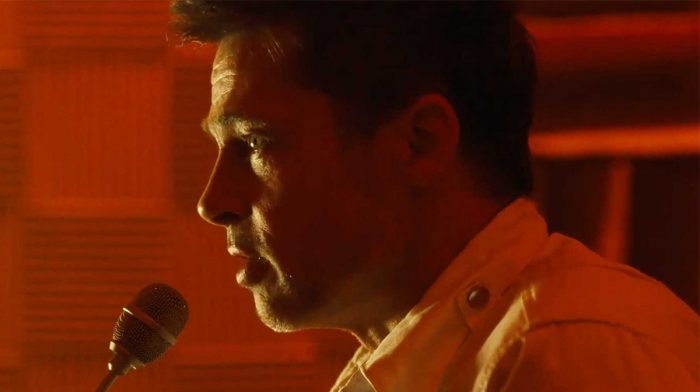
Pitt’s performance will undeniably give him some very justified Oscar buzz, and there is a strong opportunity he will be in the running for both Best Actor here and Best Supporting Actor for his role as stuntman Cliff Booth in Once Upon a Time… in Hollywood.
James Gray’s most complete work, Ad Astra will inevitably prove divisive with audiences, who may not be so keen on its inward looking approach to space exploration.
★★★★★
Ad Astra will be released in UK cinemas 20th September.
Are you excited to see Ad Astra? Let us know on social media.
For all things pop culture and the latest news, follow us on Instagram, Twitter, Facebook and TikTok.








